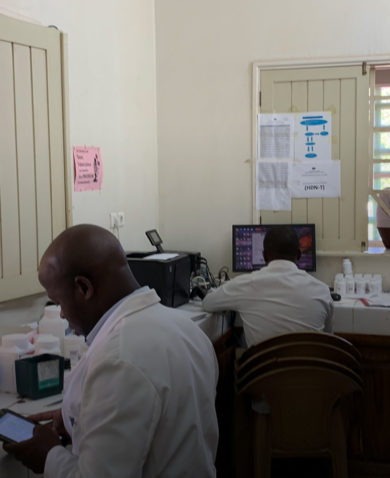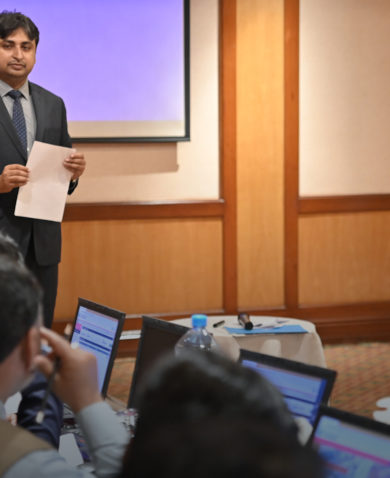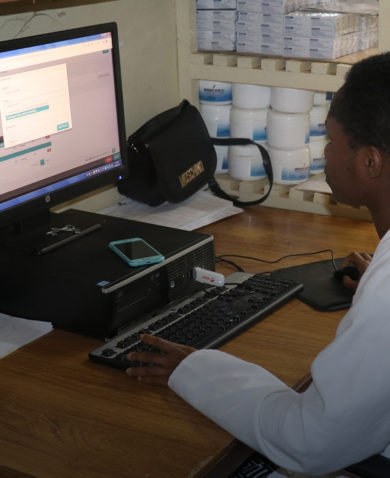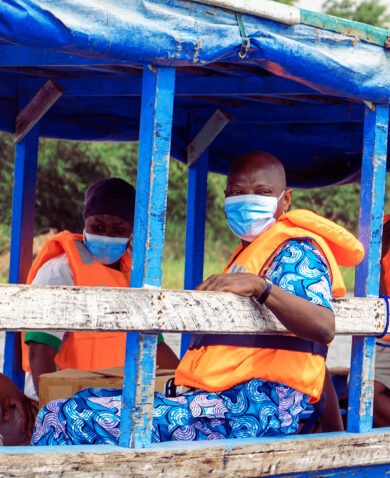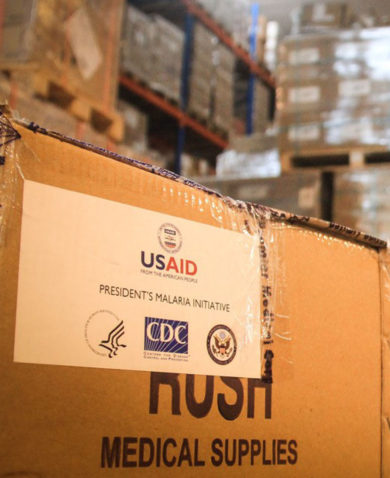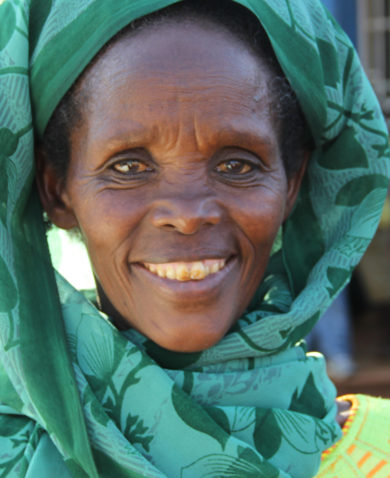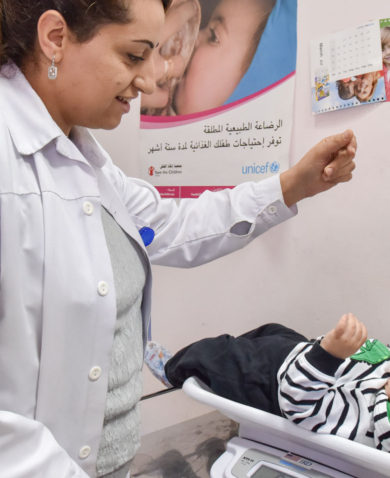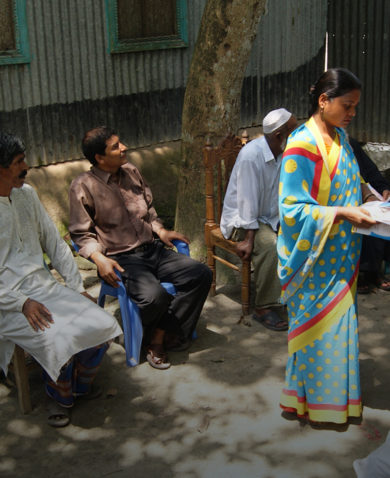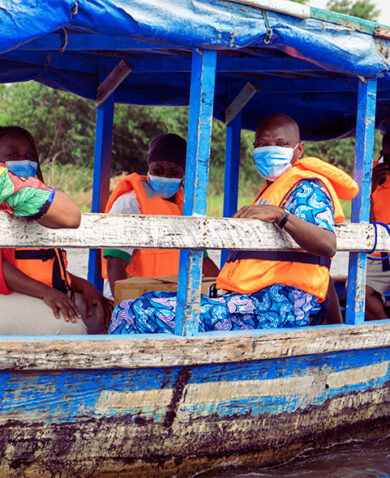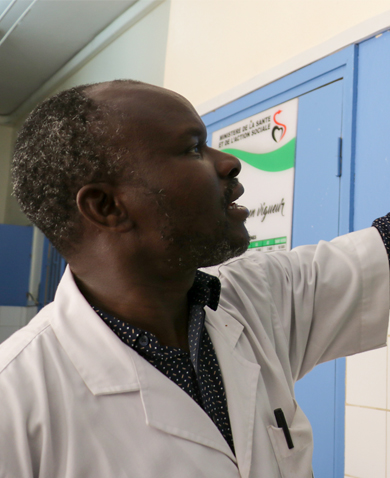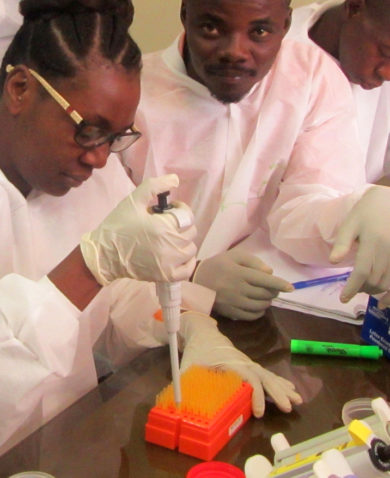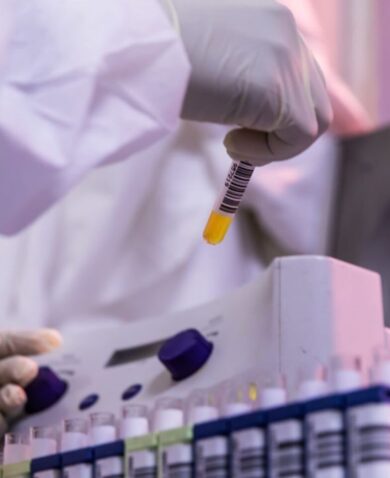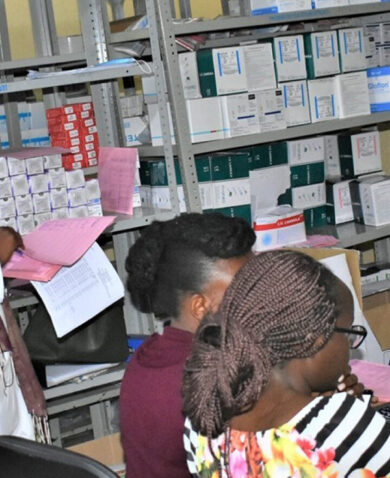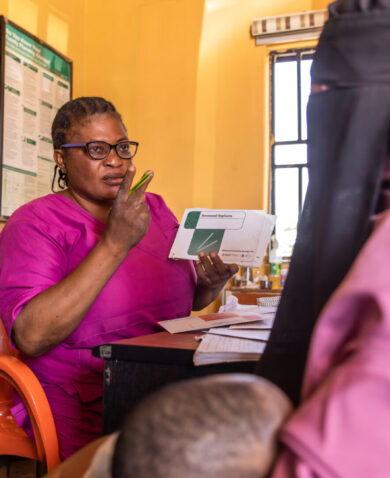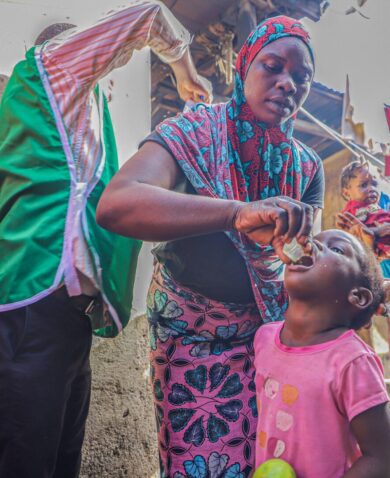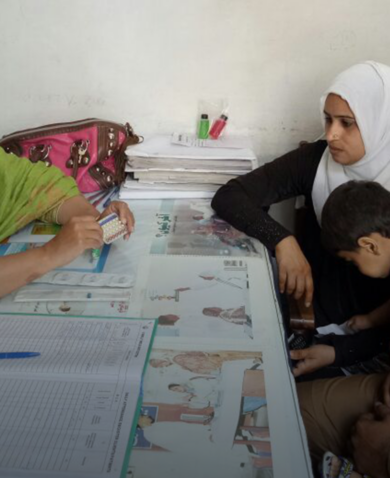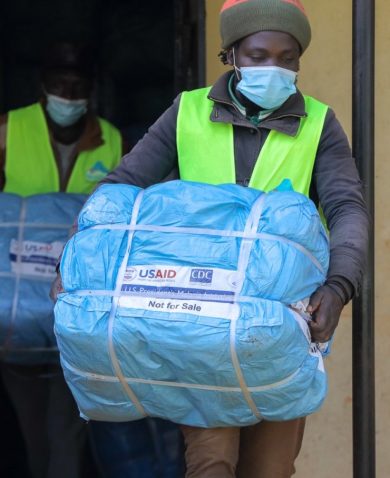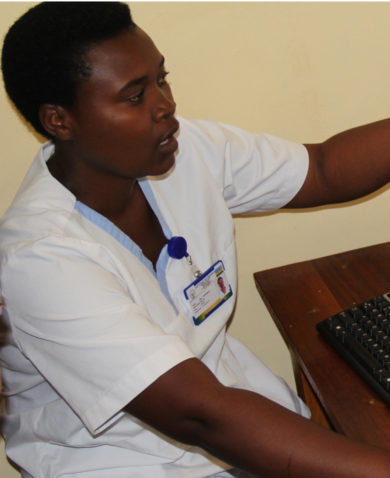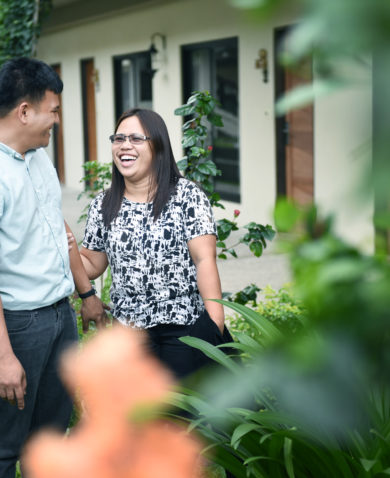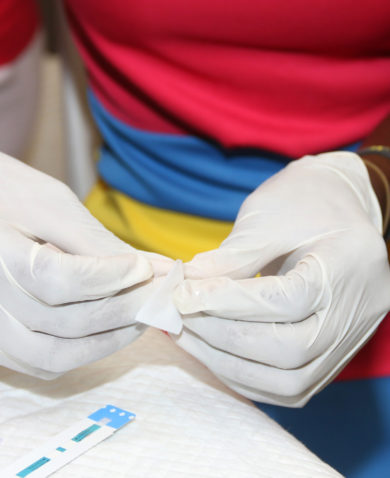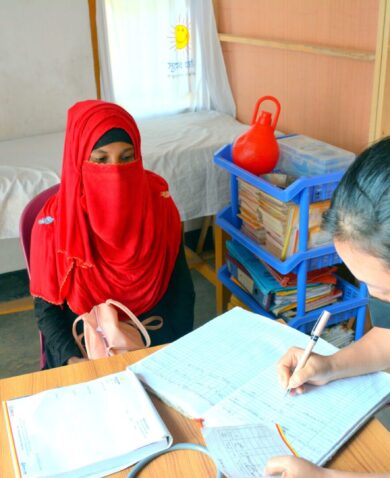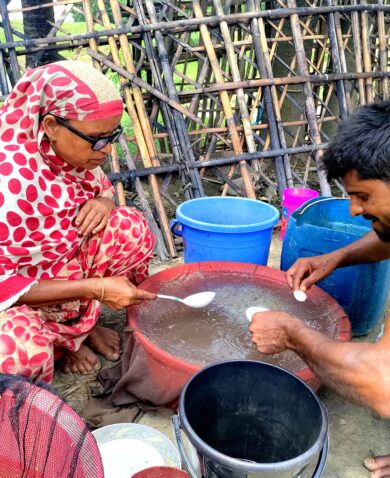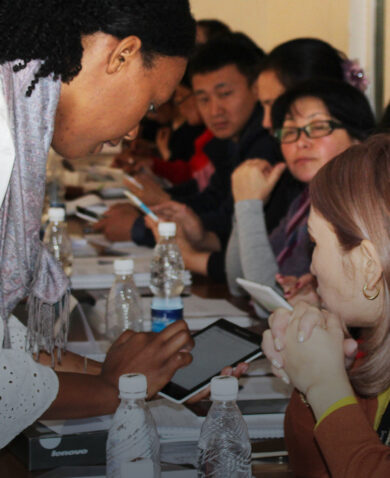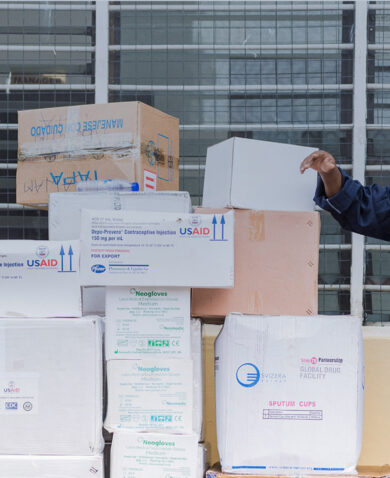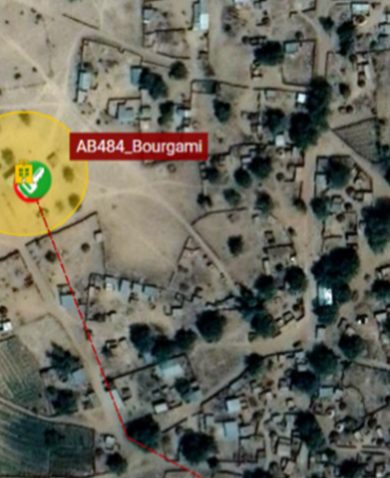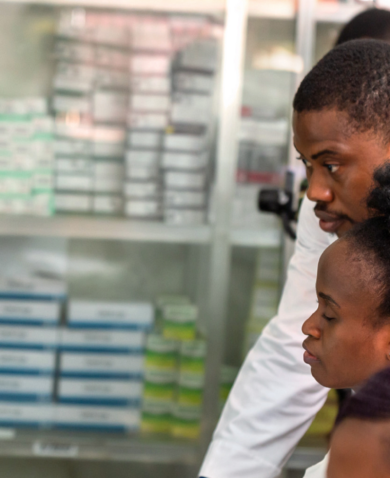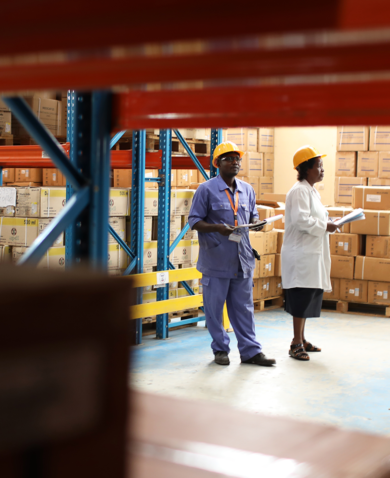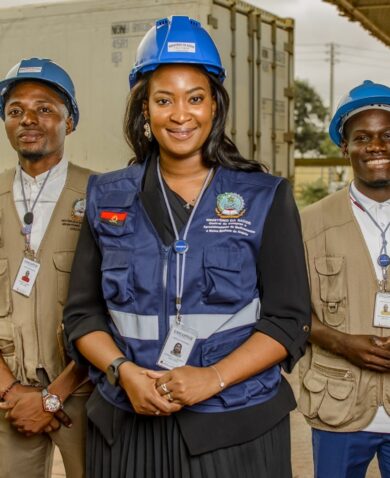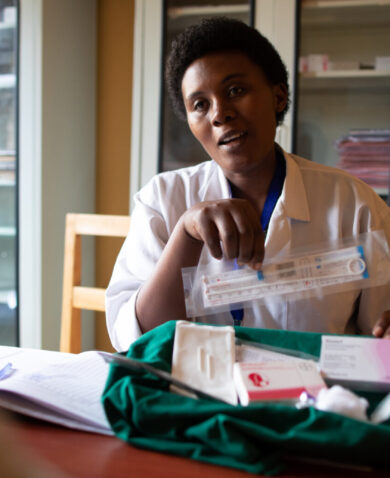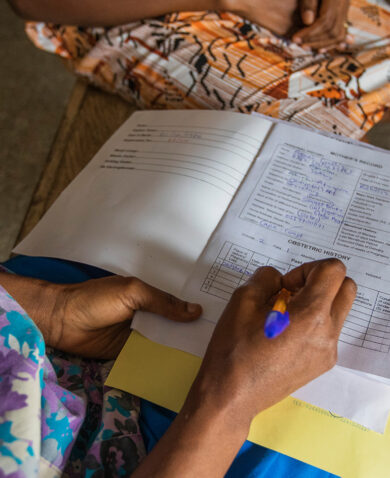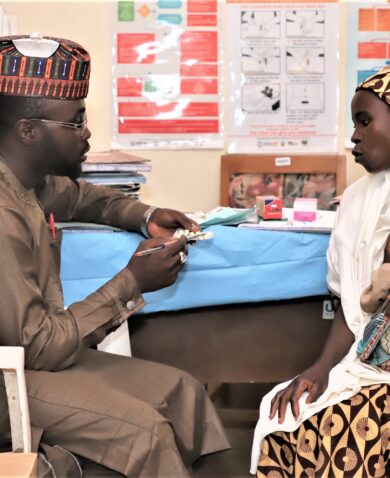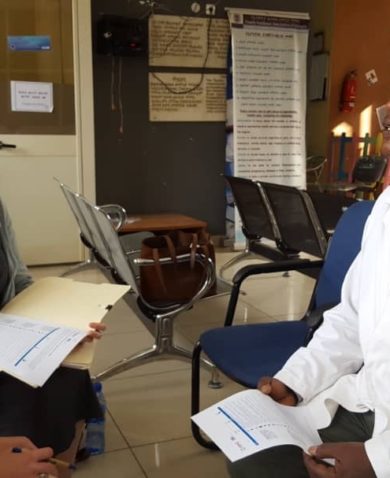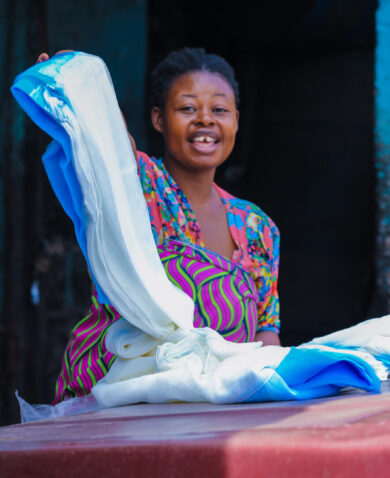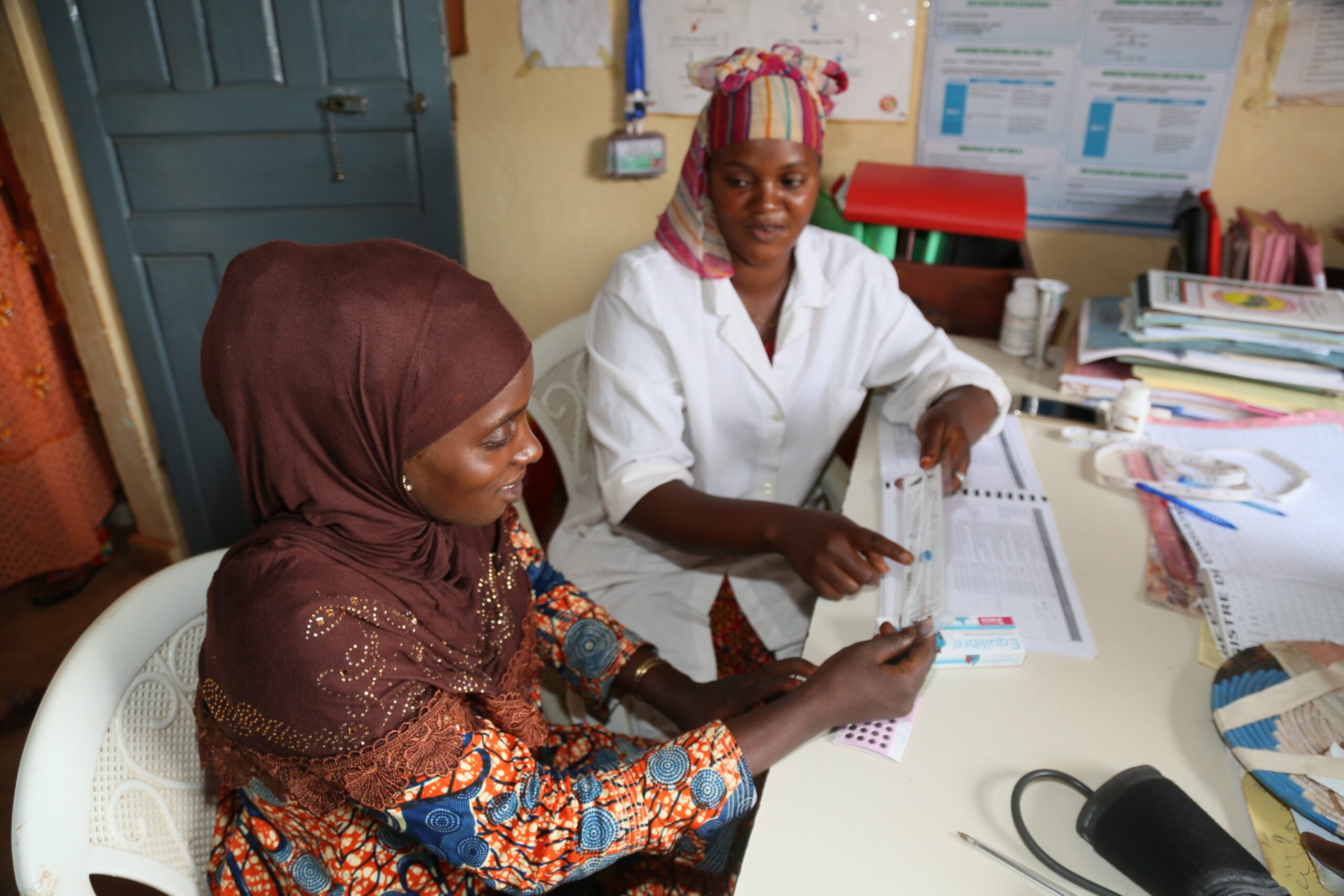
Advancing Women’s Health Through Data and Partnerships
July 18, 2022 | 4 Minute ReadThe Global Family Planning Visibility and Analytics Network (VAN) platform enables access to shared data and increases communication between relevant stakeholders to strengthen health supply chains and empower communities in their reproductive and family planning choices.
As a 19-year-old student living in Benin, Kidita* dreamed of finishing her studies before starting a family. She relied on the pill so she wouldn’t get pregnant while at school. But one day, when Kidita went to the health facility in her village to pick up her monthly prescription, she found that it was unavailable. That month Kidita couldn’t take the pill, and she later became pregnant. Kidita’s dreams were dashed and she dropped out of school.
Kidita’s story, like that of countless others, is the result of an underperforming health supply chain. Her pills were out of stock because the dispenser didn’t accurately forecast the monthly stock needed to meet the demand at their facility. Pharmacy staff did not have accurate information about the family planning stocks, nor did facility management adequately communicate stock-level data to others in the health system. This led to stock imbalances – including too few pills at Kidita’s health facility when she needed them most.
With limited knowledge of when incoming orders and shipments would arrive, it is difficult to plan future orders to prevent shelves from being overstocked some months, and bare others. Stock imbalances carry significant risks. In the event of an overstock, products may expire, resulting in waste. When contraceptive stocks are too low, communities may be not be able to access the family planning that they desire, resulting in a greater likelihood of unintended pregnancies.
Insufficient data results in weak health supply chains. Until now, donors, countries, and implementing partners in West Africa have been making supply chain decisions using fragmented technologies and incomplete data.
In response to this, the Reproductive Health Supplies Coalition (RHSC) — with initial investments from the Bill & Melinda Gates Foundation, the UK Foreign Commonwealth & Development Office (FCDO), the United Nations Population Funds (UNFPA), and USAID — developed a solution: the Global Family Planning Visibility and Analytics Network (VAN) platform.
Chemonics has been a member of the RHSC since 2015 and has helped strengthen capacity and expand use of the VAN platform in Francophone Africa. As a partnership-enabled data platform, the VAN improves regional communication toward greater contraceptive security, and cross-country collaboration for contraceptive availability, and helps to integrate otherwise fragmented supply chains.
Regional-Level Communications Towards Greater Contraceptive Security
In an effort to further ensure commodity security for the countries of West Africa, a regional-level mechanism helps create strong communication across partners on country contraception needs. With the West Africa Health Organization (WAHO) and RHSC, in November 2020 the Chemonics-led USAID Global Health Supply Chain Technical Assistance Francophone Task Order (GHSC-TA Francophone TO) created the Regional Committee for the Visibility of Reproductive Health Logistics Data in West Africa. This committee brings together regional stakeholders with decision-making capacities to provide solutions to stock imbalances in the West Africa region and facilitate communication between global and regional actors. The committee meetings enable stakeholders to proactively identify problems along contraceptive commodity supply chains, provide solutions to stock imbalances, and facilitate communication between other regional and global entities.
Cross-Country Collaboration to Ensure Contraceptive Availability
Just two years into the implementation and rollout of the VAN, the platform has proven to be a vital tool in preventing stockouts and overstocks. For example, in July 2021, the Country Analyst for the GHSC-TA Francophone TO used the VAN platform to identify and resolve problems in the supply chain.
Thanks to the VAN platform, an analyst in Togo noticed an imminent stock out of contraceptive commodities. This finding triggered a search for a West African country possessing an overstock of the same product. Members of the Regional Committee, spearheaded by WAHO, worked with GHSC-TA Francophone TO and RHSC to identify Niger as the country with an overstock of contraceptive commodities. Soon thereafter, 50,000 units of contraceptives were transferred and handed over by the WAHO Director General to the Secretary General of the Ministry of Health of Togo. This multi-stakeholder coordination effort endorsed by the Director-General of the WAHO ensured that Togo had sufficient stocks and the overstocked products in Niger did not expire. This joint effort, instigated by using the VAN, was a significant achievement for the VAN and its beneficiaries.
Improved Data Visibility for More Integrated Health Supply Chains
The reproductive health community uses the VAN platform to access high-quality data published on health supply chains, and connect with health supply chain analysts, buyers, pharmaceutical manufacturers, and other supply chain actors. They coalesced to develop the platform which helps actors, from manufacturers to facilities, gain better visibility of each health commodity’s journey along the health supply chain down to the consumer. The VAN captures data from multiple sources to bring together people, processes, policies, and tools for joint decision-making about commodity stock management, improving the reliability of the health supply chain.
The VAN platform is an innovative solution to addressing contraceptive security in West Africa. This technology drives visibility of shared data and increases communication between relevant stakeholders, ultimately for the purpose of strengthening health supply chains to empower communities in their reproductive and family planning choices.
*Kidita is fictional character and her story is an amalgamation of several real-life situations
Banner photo caption: Female pharmacist sits with patient during a family planning counselling session at the Centre de Sante in Daka, Guinea. Photo taken by Youssouf Bah
The authors would like to give special thanks Julia White, Director of the Global Family Planning VAN from RHSC and Cletus Adohinzin, Program Officer, West African Health Organization, for their contributions to the blog.
Posts on the blog represent the views of the authors and do not necessarily represent the views of Chemonics.

